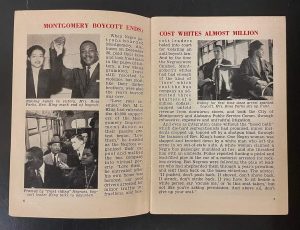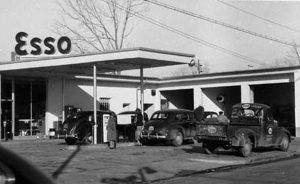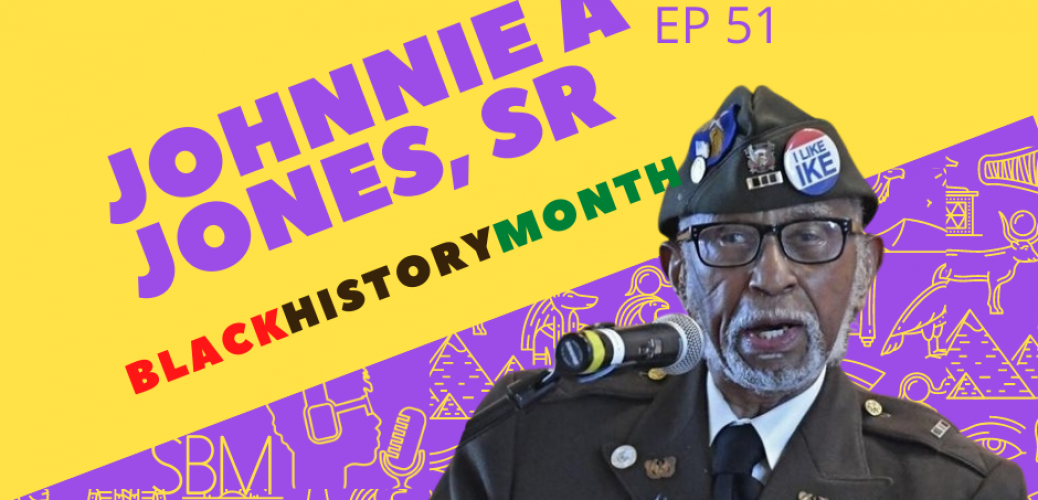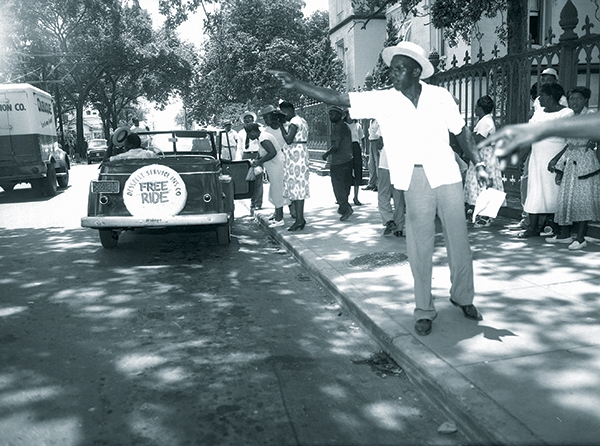Baton Rouge Bus Boycott
This Black History Month episode of Count Time Podcast is an excerpt from interview with Johnnie A Jones, Sr. as he describes his experiences as the lawyer for the Baton Rouge Bus Boycott. The first successful civil rights bus boycott in the south.
If you haven’t yet, subscribe to the Count Time Weekly Alerts.
You will be added to our private community for comment, discussion and members only content.
Count Time Podcast Living Legend Johnnie A Jones, Sr
Black History Month with LD Azobra “The Baton Rouge Bus Boycott”
In February of 1953, the same day the bus company had asked the city council for a fare increase, Rev. T.J. Jemison appealed to the city council for the right of black passengers, who paid the same fare as whites, to sit down when seats were available. One month later, with the bus company’s support, the city council unanimously approved Ordinance 222, which changed the segregated seating policy to a segregated model already in place in some southern cities. The bus drivers refused to comply with Ordinance 222.

Three months later Martha White helped ignite the Baton Rouge bus boycott. The 23-year-old White was employed as a housekeeper and took the bus home after a long day of work. After boarding the bus, she sat down in the section designated for white passengers in the only vacant seat, and was told to move by the driver, but refused. Other Black riders joined White in solidarity and they refused to move, even at the threat of arrest. Jemison intervened and the bus company manager, then arrived and ordered the driver to obey the city council’s ordinance, but the driver refused and was suspended.
On June 15, 1953, the bus drivers went on strike to protest against Ordinance 222. On June 19th 1953, the state’s attorney general declared the law unconstitutional based on it violated existing segregation legislation. The drivers ended the strike.

That night a meeting was called and participants decided to boycott and inform their neighbors. Jemison and Raymond Scott, announced the boycott on the radio. By the end of the following day, no black passengers rode the buses. Approximately 14,000 Black residents of Baton Rouge boycotted the city’s segregated public bus system for eight days. This was the first of many bus boycotts throughout the south and the first successful one.


